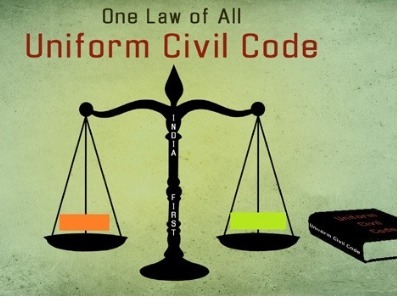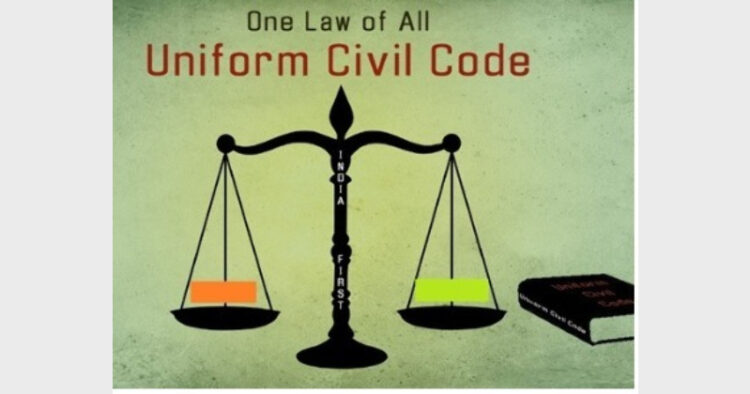Granting all these provisions of law in her favour, the Muslim woman is the most helpless person in the world…. While she cannot repudiate the marriage, the husband can always do it without having to show any cause. Utter the word “Tallak” and observe continence for three weeks and the woman is cast away. …This latitude in the matter of divorce destroys that sense of security which is so fundamental for a full, free and happy life for a woman. This insecurity of life, to which a Muslim woman is exposed, is greatly augmented by the right of polygamy and concubinage, which the Muslim Law gives to the husband.”

— Dr Babasaheb B R Ambedkar, Writings and Speeches, Vol. VIII, p. 226-227
The All India Muslim Personal Law Board (AIMPLB) has once again brought the issue of setting up Dar-ul-Qaza (Sharia Courts) everywhere in the country. The moment negative reactions started coming on this, Jammu and Kashmir’s Deputy Grand Mufti Nasir ul Islam expressed the real intent and demanded a separate nation for Muslims if the demand for opening Shariat Courts in all districts of the country is not met. The worst part is, even the former Vice-President of the Country Hamid Ansari joined the bandwagon by saying, “People are confusing social practices with legal system. Our law recognizes that each community can have own rules. A personal law in India covers- marriage, divorce, adoption & inheritance. Each community has a right to practice its own personal law”. The key question is why there is this sudden talk of ‘Sharia Courts’ and what can be the possible implications of such demand.
First, we need to recognise and understand the fact, that the organisation like AIMPLB does not have any religious or legal sanctity, it is just like any other trust and therefore, cannot claim to be the voice of the entire Muslim population of the country. In the aims and objectives itself, the Board sets the clear objective of taking ‘effective steps to protect the Muslim Personal Law in India and for the retention, and implementation of the Shariat Act’. So it is not at all surprising with this call. What the Board is actually trying to do is to wage a third ‘clergy-war’—war against the eternal ethos of Bharat of ‘all ways to be true’ and impose the idea of ‘only my way can be true’.
Continuing with the legacy of Deoband, Aligarh, Nadwa, Ahl-e-Hadith, Jamaat-e-Ulema-Hind, Tabliq Jamaat and Jamaat-e-Islami, the fundamentalist clergies are again on the warpath against Bharat. They first tried the same during the Khilafat Movement that led to the Partition of Bharat on religious lines. They tried the same muscle-flexing in the 1980s and got some success in the Shahbano case. Thanks to the democratic institutions of Bharat, that success was momentary. Now with the decisive blow on their monopoly over the community in Shayara Bano Case and losing battles in the ‘Halala’ and ‘Polygamy’ related cases, the call for Sharia Courts is a desperate attempt to maintain the patriarchal power structure.
“To strive for the annulment of all such laws, passed by or on the anvil in any State Legislature or Parliament, and such judgments by courts of Law which may directly or indirectly amount to interference in or run parallel to the Muslim Personal Law …” is another objective of the Board. This clearly shows that this group of clergies does not believe either in the Constitution or the Parliament. The religions that originated in Bharat had also developed some ill-practices like Sati or dowry which were legally banned with the adoption of the Constitution. So, justification in the name of customs or divine command does not hold any ground in the Rule of Law.
The irony is, within three days of AIMPLB declaring this plan of Sharia Courts, one of the victims of Triple Talaq, Razia died after a month of torture by her husband, at a hospital in Uttar Pradesh. Only underscoring the ‘helpless’ situation of Muslim women Dr Babasaheb Ambedkar had talked about. ‘No more Razias’ should be the clear stand of everyone who believes in the Rule of Law and eventually paving the way of Uniform Civil code is the only solution.
@PrafullaKetkar













Comments